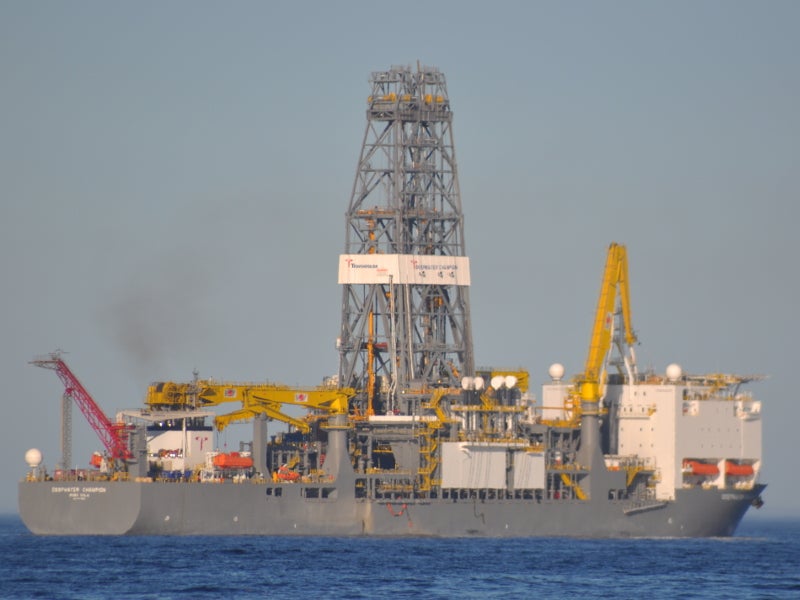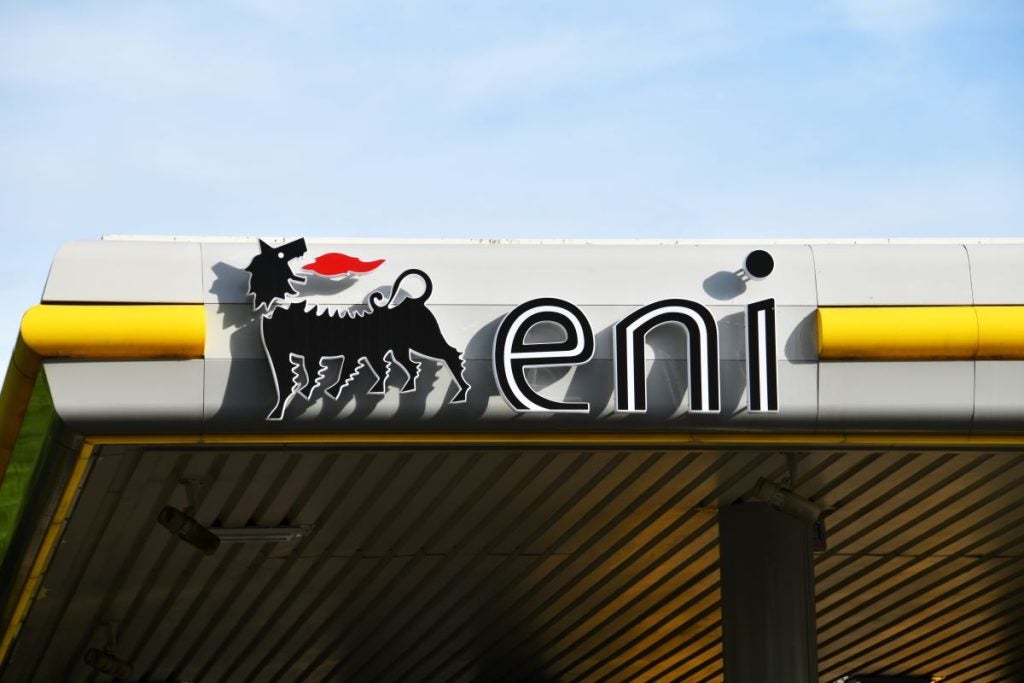
As announced in January 2020, Total is preparing to drill a new record offshore well at water depth of 3,628m off the coast of Angola having appointed the Maersk Voyager rig for this campaign.
While deep sea drilling has been achieved at a depth of 7,725m for scientific and research purposes, the new well being undertaken by Total will hold the world record for the deepest oil well ever drilled.
The well will exceed Total’s Raya-1 well in Uruguay, currently the deepest offshore well, drilled at 3,400m water depth by Maersk Voyager’s drillship Venturer in 2016.
The drilling campaign in Southern Africa covers three wells altogether, two in Angola – Blocks 32 and 48 – and one in Namibia. Work at the sites reportedly started in January and will continue for 240 days.
The total value of the contracts is approximately $46.3m, including a mobilisation fee, and as part of the contract Maersk Drilling will be working with local Southern African operators in order to give a boost to the local oil and gas industry.
Overview of the deepwater exploration market
Deepwater drilling is a mechanical process where a deep wellbore is drilled to a depth greater than 300m. Only recently has the technology existed to enable economically feasible deep-water exploration, but with better technical development and increased demand for oil exploration, operators have recently invested in deep sea projects to access deposits buried very deep under the sea floor.
How well do you really know your competitors?
Access the most comprehensive Company Profiles on the market, powered by GlobalData. Save hours of research. Gain competitive edge.

Thank you!
Your download email will arrive shortly
Not ready to buy yet? Download a free sample
We are confident about the unique quality of our Company Profiles. However, we want you to make the most beneficial decision for your business, so we offer a free sample that you can download by submitting the below form
By GlobalDataMajor companies utilising the potential of deepwater drilling include: Petrobras, Shell, Total, BP, Equinor, Exxon, and Statoil, with some of the popular sites being off the coasts of Brazil, East Africa, China, Cuba, the eastern Mediterranean, and the Gulf of Mexico.
According to a 2018 deepwater and ultra-deepwater market report published by oil, gas and marine analysts Infield, there is a positive outlook for this market, with the forecast capital growth rate at around 8% between 2014 and 2018.
A spokesperson for TMK, an oil and gas tubular producer says: “The need to explore even harder to reach reserves has been an important driver behind advancing oil and gas technology.”
In addition, deeper exploration has made it possible to access new hydrocarbon reserves and has provided essential information about the geology and ocean tectonics.
Challenges to deepwater operations
The complexity of ultra-deep drilling has made it highly dependent on project engineering and design, with operators having to take into account various considerations and risks.
As Baker Hughes drilling vice president for Oilfield Equipment Chuck Chauviere says, once operators start planning the infrastructure at such deep level, they need to consider “the cost of tripping up and down right back to two miles deep”.
“If you can imagine every time you need to install a piece of equipment, or re-enter that piece of equipment, you have to take a two mile ride. The actual trips to install it, the confidence of installation, the weight of the installation all play into it. And so it becomes an economic story that the operator has to solve,” he adds.
TMK, in turn, focusses on the need for pipe solutions to prevent possible technical difficulties that might occur during deep water operations. A major consideration is the reserve base, which has to be efficiently developed through a limited number of wells while maintaining full control of all the underwater wells at every stage of drilling.
The company shared that the main risks its customers usually report during deepwater drilling include: displacement of a drilling vessel, underwater currents, corrosive substances present in the water, shallow gas, and gas hydrates. Some of these issues are preventable by the use of pipe columns that significantly exceed the capabilities of standard solutions, they shared.
“That’s why, in the construction of deep-water wells, premium types of tubular products are used as they can reduce the risks of the project due to reliability and high performance, confirmed by numerous bench tests,” said the spokesperson.
Impact of declining oil exploration on Angola’s economy
Angola’s decreasing output, with oil production having declined by a third over the past ten years due to lack of investment, has significantly influenced the country’s economy, especially as 95% of its export revenues come from this industry.
With Angola being Africa’s second-largest oil producer, currently pumping around 1.4 million barrels of oil per day (bpd) according to OPEC’s latest Monthly Oil Market Report, the country’s wealth is highly dependent on new explorations.
Aimed at reversing previous losses, Angola has opened to new offshore opportunities by launching a licensing round to auction 55 new oil blocks In June 2019.
After Italy’s oil and gas company Eni announced that its new Agogo exploration in Angola has already reached 10,000 bpd as of January 2020, and with Total among the county’s biggest foreign explorers, the country has seen some revival in the beginning of 2020.
When it comes to the ambitious new ultra-deep exploration, it is yet to be seen whether Total’s efforts will set a precedent and attract further deep well interest in the area, and potentially support Angola’s strive for new foreign investments.







